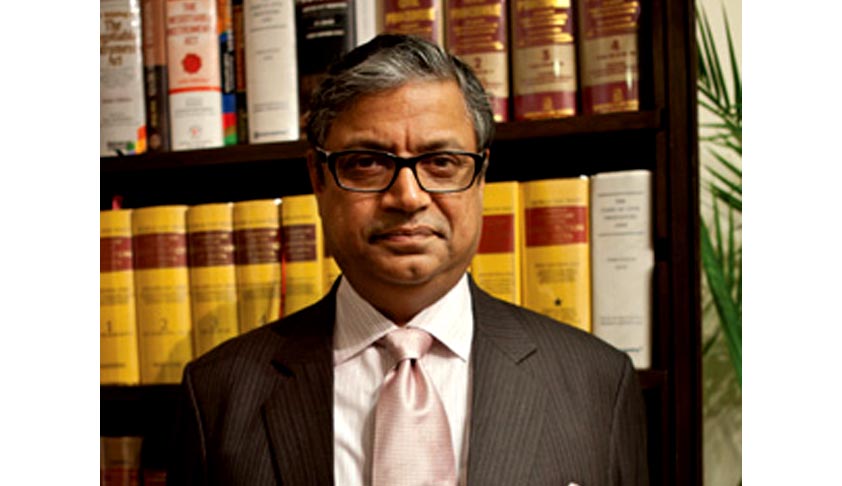Ideology Has Taken The Place Of Idealism These Days: Gopal Subramanium
Manu Sebastian
22 Aug 2017 10:26 PM IST

Next Story
22 Aug 2017 10:26 PM IST
Ideology has taken the place of idealism these days: Thus senior advocate and former Solicitor General of India Gopal Subramanium began his lecture on ‘Public Interest Litigation’ at the High Court of Kerala recently.The lecture was part of the Lecture Series held by the court on the occasion of its diamond jubilee celebrations.Contextualising the talk in the backdrop of rising trends...
